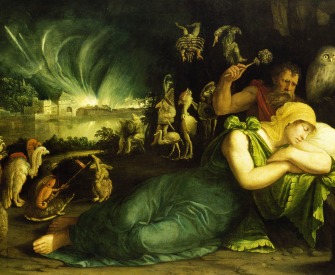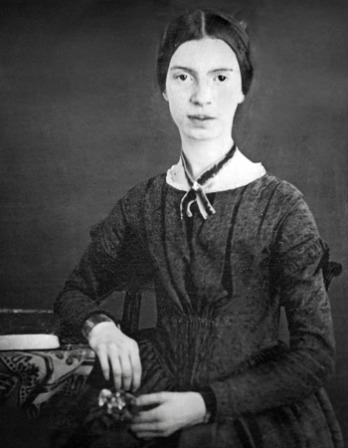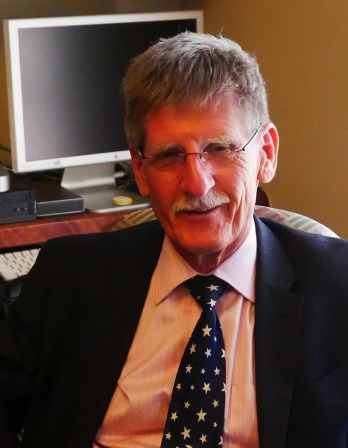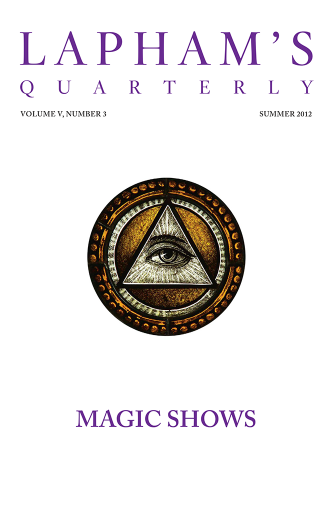Since the world is not governed by chance, but by a divine ruler who does not change his purposes at random, men are alarmed, and naturally alarmed, at the extraordinary signs in the heavens, and ask with anxious hearts what events these may portend.
The sun, first of stars, seems to have lost his wonted light and appears of a bluish color. We marvel to see no shadows of our bodies at noon, to feel the mighty vigor of his heat wasted into feebleness, and the phenomena that accompany a transitory eclipse prolonged through a whole year.
The moon, too, even when her orb is full, is empty of her natural splendor. Strange has been the course of the year thus far. We have had a winter without storms, a spring without mildness, and a summer without heat. Whence can we look for harvest, since the months which should have been maturing the corn have been chilled by Boreas? How can the blade open if rain, the mother of all fertility, is denied to it? These two influences, prolonged frost and unseasonable drought, must be adverse to all things that grow. The seasons seem to be all jumbled up together, and the fruits, which were wont to be formed by gentle showers, cannot be looked for from the parched earth. But as last year was one that boasted of an exceptionally abundant harvest, you are to collect all of its fruits that you can and store them up for the coming months of scarcity, for which it is well able to provide. And that you may not be too much distressed by the signs in the heavens of which I have spoken, return to the consideration of nature and apprehend the reason of that which makes the vulgar gape with wonder.
From a letter to his deputy. The son of a magistrate who helped the Ostrogothic king Theodoric conquer Italy at the end of the fifth century, Cassiodorus held various civil servant posts intermittently over three decades. Among his duties was the translation of royal correspondence and proclamations into Latin. Upon his retirement from public life around 540, Cassiodorus returned to his Calabrian hometown to establish the monastery of Vivarium, which he based on the theological academy of Alexandria. The compendium on the liberal arts he wrote there became a cornerstone of medieval education.
Back to Issue




